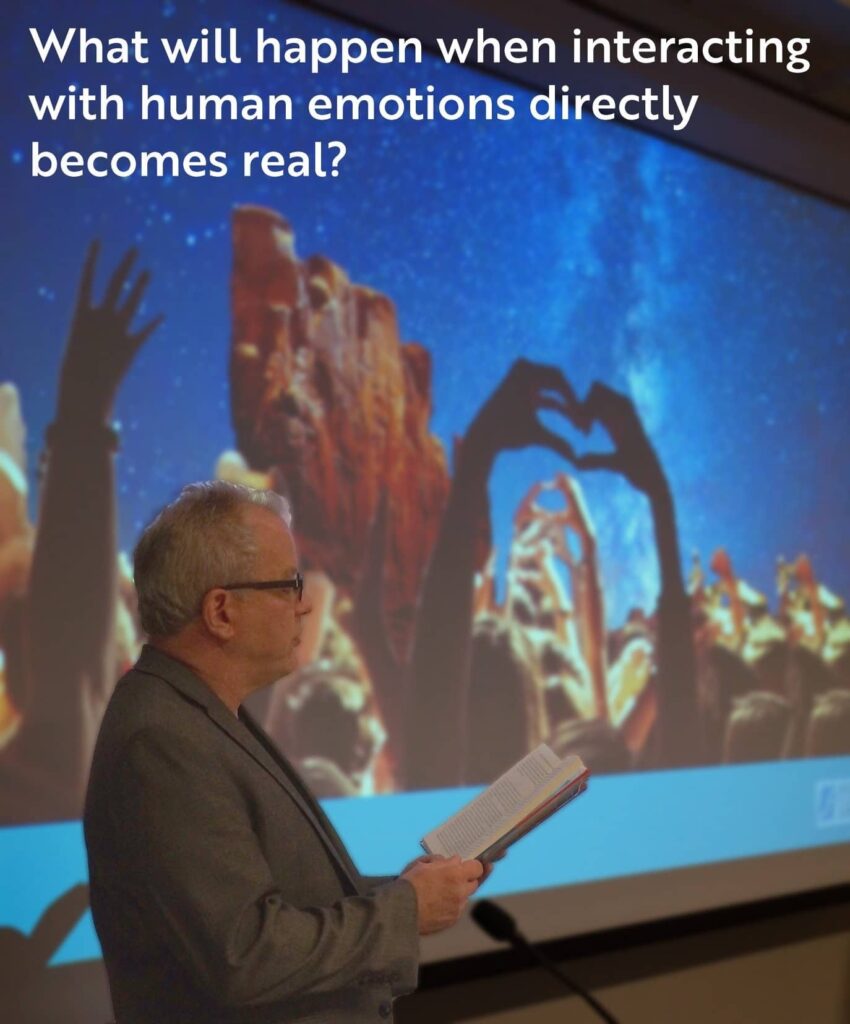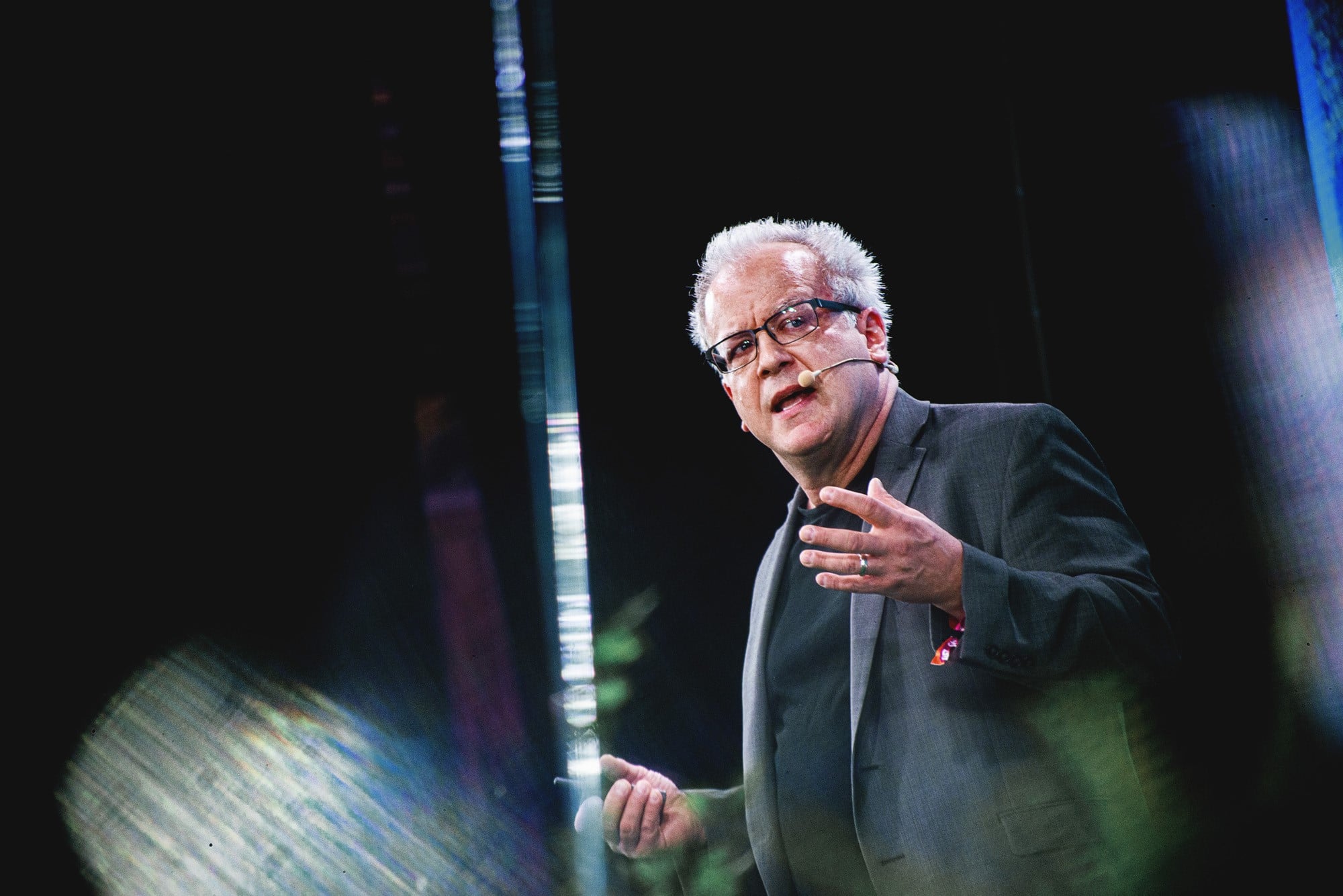Finland Looks to the Future
I just returned from an exciting and memorable week in Helsinki and Turku, Finland. As one of the keynote speakers for the annual two-day SHIFT Business Festival, I spoke about the future of human-machine interfaces. Now in its fourth year, SHIFT’s mission is “to help radical innovators shape a better future through intelligent business and deep technology.” In my conversations with Festival attendees and locals, I was intrigued to discover the level of commitment many in this northern European Union country have made to futures thinking.
The day following my SHIFT talk, I had the pleasure of giving a lecture about the future of artificial emotional intelligence (based on my book, “Heart of the Machine”) at the University of Turku’s (UTU) Department of Future Technologies. My host, Seppo Helle, a senior researcher there, has a focus on user interfaces, including augmented reality. Besides the Future Technologies department, UTU also has a Finland Futures Research Centre (FFRC) within their School of Economics. I spoke with some of the FFRC faculty and students about their transdisciplinary approach to futures.
All of this is befitting a country that was recently ranked #1 in preparing its youth with future oriented skills by The Economist’s 2018 Worldwide Educating for the Future Index (WEFFI). The reasons for this emphasis on foresight are complex, however much of it seems to stem from Finland’s limited tradable natural resources, as well as its unique geopolitical history. The enormous success of Nokia in the early communications and mobility space provided a model which the country seems to have embraced wholeheartedly.
For me, the entire trip was a real eye-opener, from experiencing Finland’s natural beauty and very welcoming citizens to the perspectives on technology, sustainability, the European Union and strategic foresight. I believe we can all take a lesson from Finland, a forward-thinking nation with its eye firmly on future.

Photos: Julius Töyrylä, SHIFT Business Festival and University of Turku.



